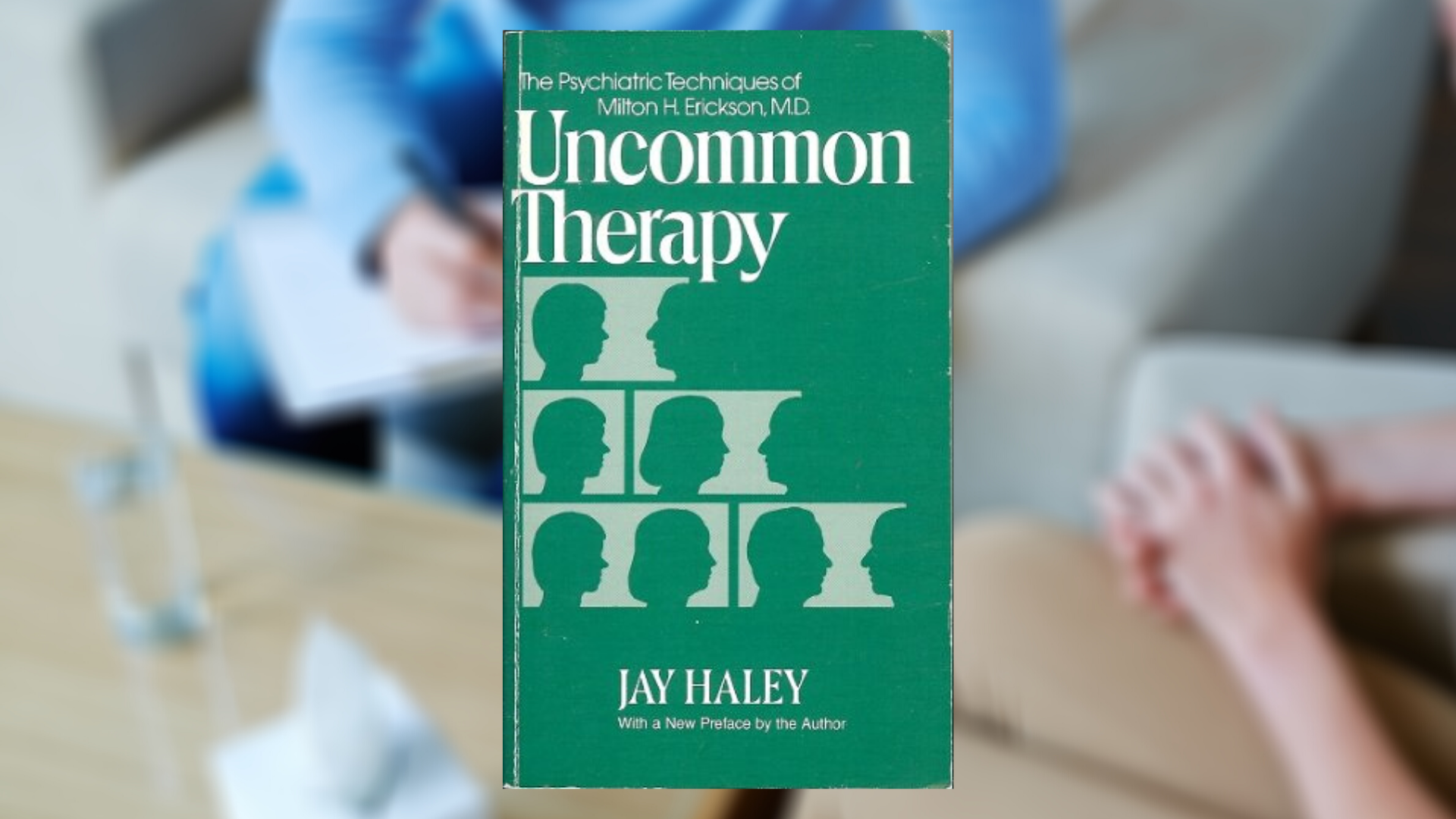
Development of My Professional Philosophy, Part II
I’d love to share more with you about my client Joe who was institutionalized for 30 years after having a strong reaction to hearing a radio for the first time. Here is more of his story . . .

Development of My Professional Philosophy, Part III
You may remember from last week I shared about discovering the work of Dr. Milton H. Erickson (MHE) and how important his work is to me. Additionally, I discovered the work from the Mental Research Institute in Palo Alto, CA called Brief Strategic Therapy where they also studied the work of MHE and taught tools for resolution to problems.

1. A Map for Change
Here is a brief overview of Map for Change. This is a step-by-step process to help you have choices to respond differently to your life circumstances.

13. How Our Attempted Solutions Perpetuate our Problems
When we struggle with sadness, anger, fear, other unwanted emotions and behaviors such as any type of addiction, it feels like we have no control, and our only choice is to suffer with our pain.
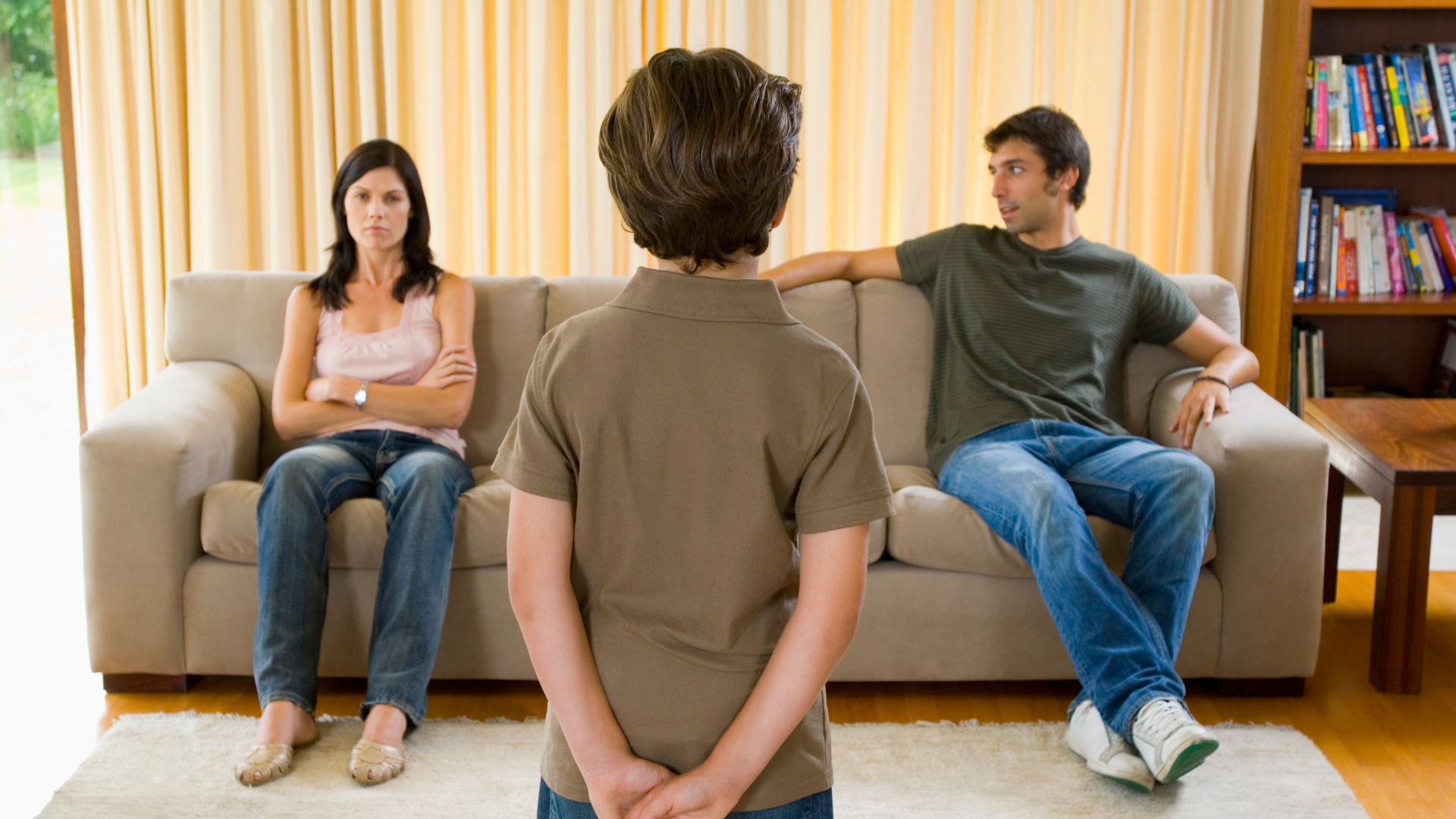
14. Effective Parenting, Part I
When I worked in the Chicago area from 1971 through 1986, I had two internships for graduate school and then was employed at several different family therapy agencies. Training therapists to learn effective tools for helping troubled children and their families was the main focus.

15. Effective Parenting, Part II
As a therapist, I am deeply invested in helping to bring conscious and responsible people into our world. I am also extremely passionate about providing parents with the skills and tools necessary to give their children the guidance required to succeed.
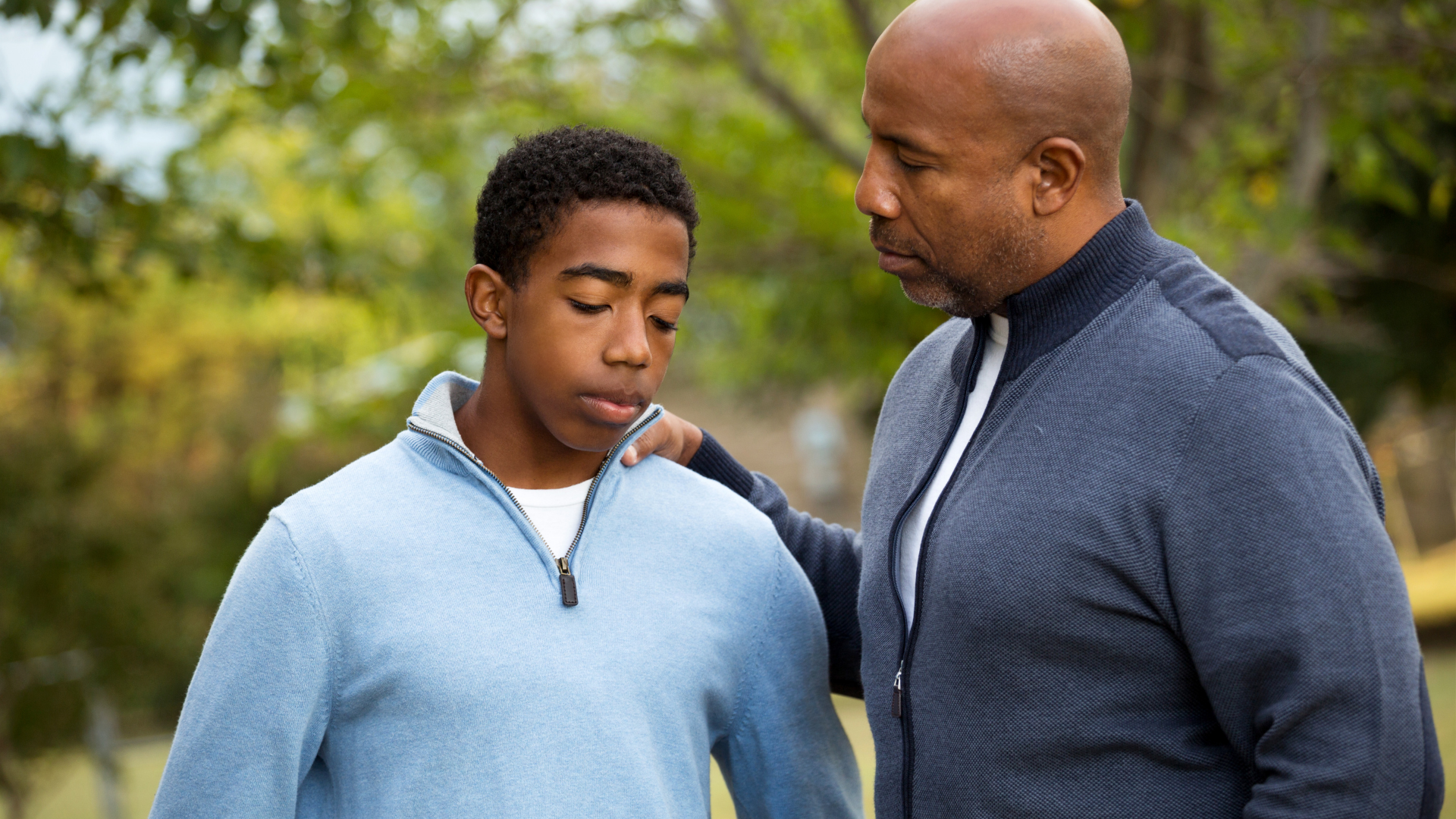
16. Effective Parenting, Part III
It is the parent’s job to help their children develop into contributing members of society. Guiding children to use and develop the forward-thinking part of their brains, and thus teaching them that there are repercussions for their actions when breaking rules, is an essential parental responsibility.
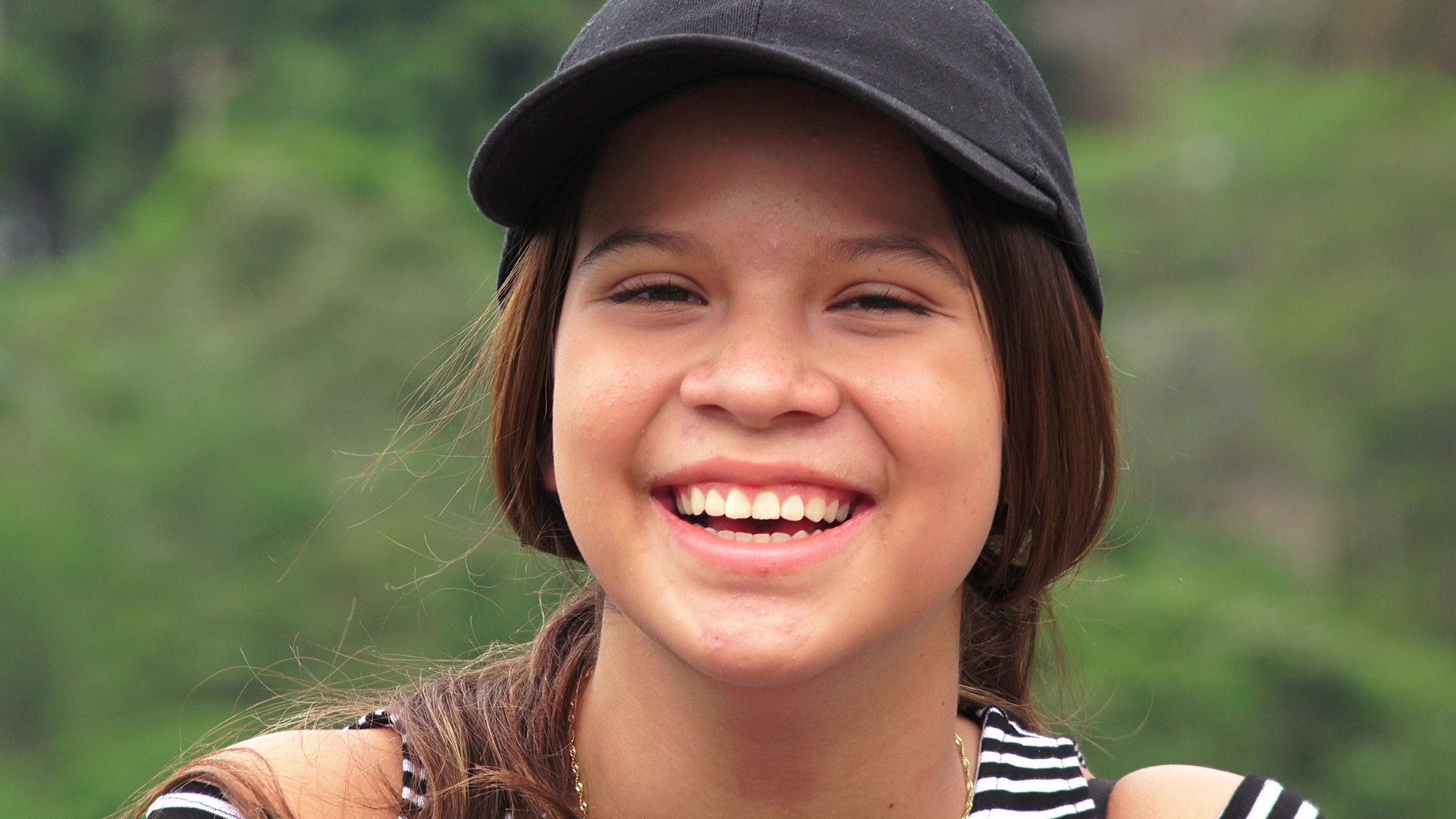
19. More on Change is Possible
This seems obvious; however, I need to say it: Change can’t and won’t happen unless and until we do something different. The challenge is that we often want change, but we don’t want to do anything different to contribute to facilitating change. People tend to want to keep doing what is familiar and comfortable and often don’t want to let go of old patterns and responses.

20. Effective Ways to Find Resolution for Unwanted Feeling Responses
I want to focus on effective ways to deal with and find resolution for unwanted feeling responses we want to manage differently, such as anger, fear, and worry.

21. Identifying Where to Focus to Make Changes
Today, I would like to share ways to identify where to focus your attention to help make changes to improve your life, mental health, and sense of well-being.
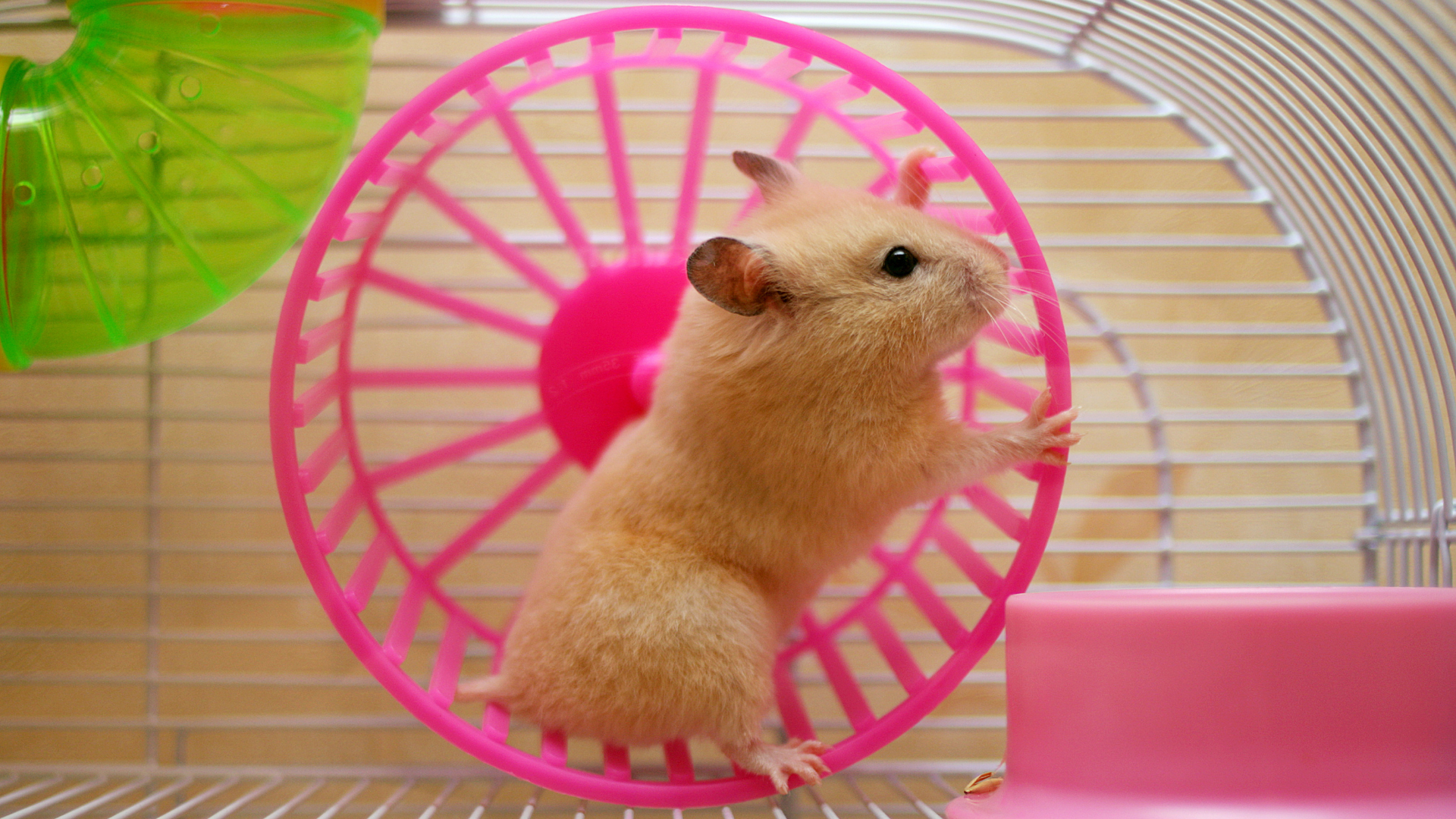
22. The General Cause of People's Problems and How We Get Stuck in Them
When a new client comes in to see me for their first session, I ask what problems bring them to therapy and how they hope to benefit from counseling. They share their problems and often state that their goal for counseling is to know why they are the way they are.